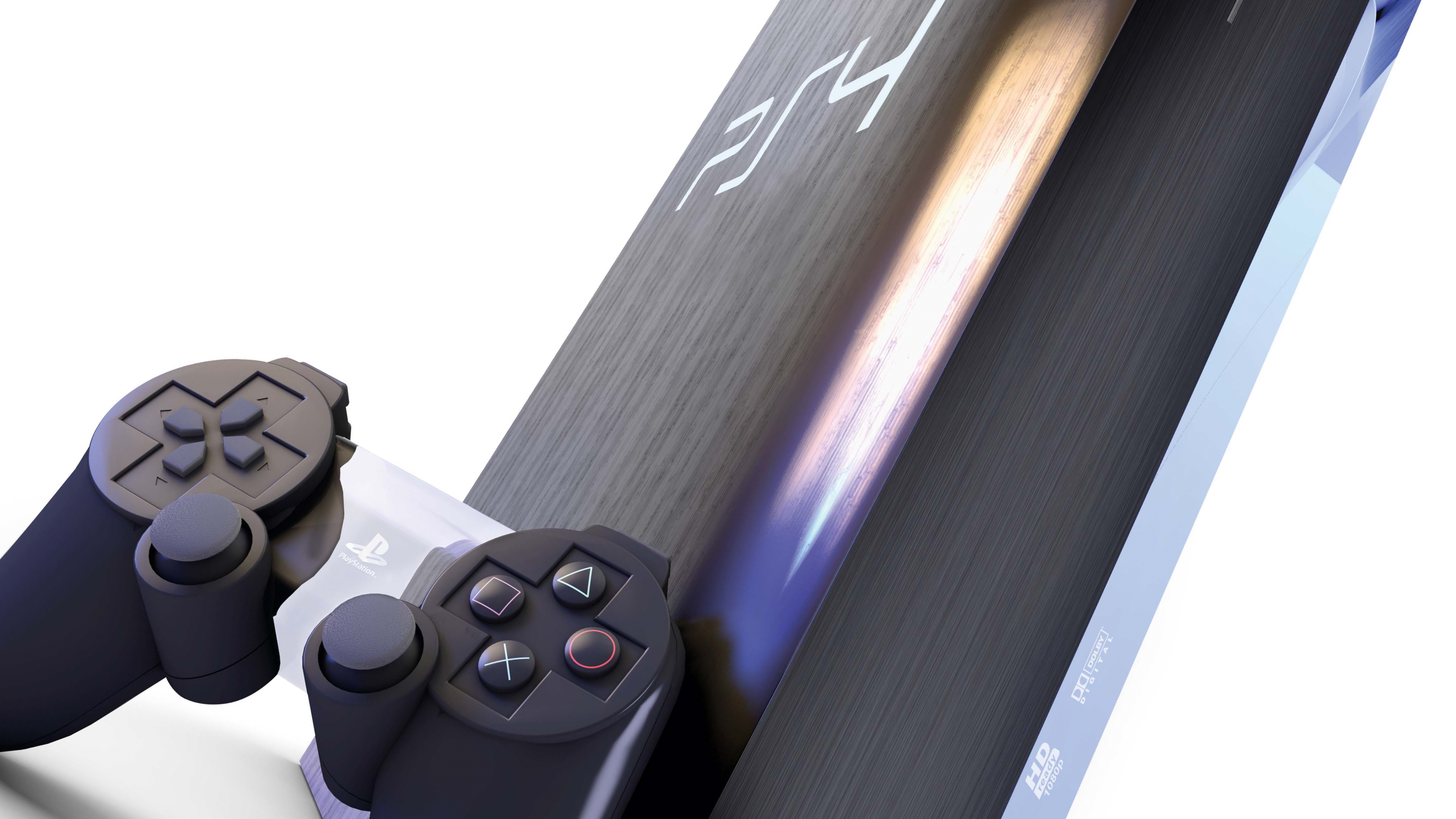Sony's PlayStation 4 is a thinly disguised PC
But does it matter?

Sony may not have had an actual box to display. But it has revealed the innards of its next-gen PlayStation 4 games console. And it's pure PC.
The CPU is an AMD design with eight x86-64, low-power Jaguar cores, while the graphics core is also from AMD and derived from its latest Radeon HD family and roughly equivalent to a 7850 graphics board. But does that matter? Possibly. Here's why.
In really simple terms (and this assumes leaked info on the next console from Microsoft turns out to be correct), games development just got a whole lot easier.
From now on, you'll develop on one platform – the PC – and simply recompile for PlayStation or Xbox. OK, it'll be a bit more complicated than that in practice. But the basic notion is correct.
And it puts the PC into an interesting position in the gaming hierarchy.
Lowest common denominator
The feeble specs of existing games consoles is easily the biggest drag on game development. CPU and GPU specs grab the headlines and both the PS3 and the Xbox 360 are looking horribly outdated by both metrics.
But more than anything it's memory space and bandwidth that's the biggest bummer. Current consoles don't have nearly enough of either and it makes life very hard for developers attempting to realise large, realistic game worlds.
Get daily insight, inspiration and deals in your inbox
Sign up for breaking news, reviews, opinion, top tech deals, and more.
The good news is that the new PS4 is a massive step forward. It packs 8GB of super fast GDDR5 memory and 176GB/s of raw memory bandwidth.
But the really interesting bit involves the fact that the CPU and GPU are squeezed together on a single chip and in terms of memory have a truly unified address space.
At last, a powerful APU
In other words, the PS4's chip is world's first truly high performance APU or Accelerated Processing Unit. It's AMD's vision for the future of the PC. Only it's arrived in a console first.
In theory, that lets you do lots of exciting things in terms of sharing code and work across the CPU and GPU cores.
Whether games developers will actually take advantage of that is another question. But it does make the PS4 more interesting than the thinly-disguised PC with mediocre performance that it first appears to be.
Instead, it's a truly heterogeneous computing platform, a system-on-a-chip design that could shake up the way modern games are made.
Given that a lot of the earlier attention (and I include myself in that) was on the relatively disappointing specification of the AMD-sourced CPU cores, that's really good news.
At the very least, the improvements in memory performance should encourage game devs to be miles more ambitious regards the scope and scale of worlds they create.
What does it all mean for the PC?
Exactly what it all means for the PC is harder to judge. Will AMD bring out a similarly powerful APU for use in conventional PCs?
That was certainly its plan. But more recently AMD's attention has shifted towards ultra mobile computing. And, frankly, assuming AMD will survive long enough to ship PlayStation-like APUs for regular PCs, even if that's still the intention, is a bit of a stretch.
Despite that, I'm optimistic. The PS4 and the next Xbox will lift the standard of games development. And the close hardware relationship of the PC can only make it easier for games to be ported across and even improved to take advantage of the power of the PC.
Because whatever happens, the PC will remain the most powerful gaming platform for the foreseeable future. The only difference now is that the consoles are more closely related than ever before.
Technology and cars. Increasingly the twain shall meet. Which is handy, because Jeremy (Twitter) is addicted to both. Long-time tech journalist, former editor of iCar magazine and incumbent car guru for T3 magazine, Jeremy reckons in-car technology is about to go thermonuclear. No, not exploding cars. That would be silly. And dangerous. But rather an explosive period of unprecedented innovation. Enjoy the ride.